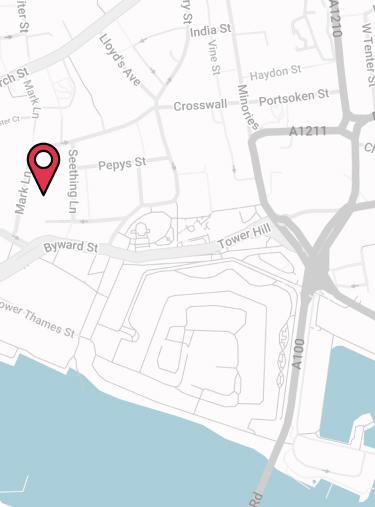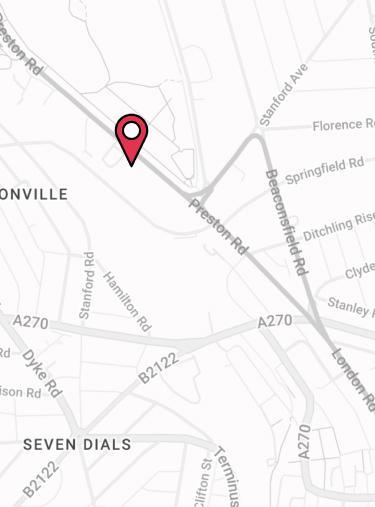
Critical Illness Insurance is a policy that pays out a cash lump sum to help you and your family cope financially if you suffer from a specified critical illness as laid out in the policy terms.
Most policies cover around 40 serious medical conditions with the most common claims being for:
- Cancers
- Heart attacks
- Strokes
There are some policies which will cover more than 100 critical illnesses and others which will cover fewer than 10. It is vital you check the policy wording before taking out a plan so you know exactly what illnesses are covered.
Why Is Critical Illness Cover Important?
According to a recent Drewberry survey of 3,000 working age adults, when looking back over their entire careers 14.7% of the over-55s had needed at least 6 months off work due to illness or injury. Around 1 in 4 people of this age had been out of work for at least 3 months at some point during their working lives.
Although not every instance of absence from work would result in a successful critical illness claim, clearly being off work long-term is more common than many people think.
Cancer
According to Cancer Research UK, 1 in 2 people born after 1960 will get cancer at some point during their lives.
Although not every incidence of cancer will necessarily result in a successful Critical Illness Insurance claim – early stage incidences of cancer may not meet the policy definition – the likelihood of developing the disease is scarily high.
Heart Attacks and Strokes
Statistics from the British Heart Foundation have shown that:
- In the UK there are over 200,000 hospital visits each year due to heart attacks – that’s 1 every 3 minutes
- It’s estimated than around 1 million people alive in the UK today have survived a heart attack
- There are more than 100,000 strokes in the UK each year, or one stroke at least every 5 minutes
- More than 1.3 million people living in the UK have survived a stroke or transient ischaemic attack
While a heart attack or stroke has to match the insurer’s clinical definition and be of a specific severity to be eligible for a claim, such conditions occur more frequently than we might realise.
Do I Need Critical Illness Insurance for a Mortgage?
No, it’s not necessary to get Critical Illness Cover or indeed Life Insurance if you have a mortgage although it may well be incredibly sensible. This is because it will protect you in the event of you becoming seriously ill or passing away.
Critical Illness Insurance linked to a mortgage will pay out a cash lump sum to pay off a mortgage debt should you suffer a serious illness. It could be the difference between losing and keeping your home if you were unable to work and couldn’t afford your repayments.
Income Protection or Critical Illness Cover?
Income Protection and Critical Illness Cover are similar in many ways, but they also have important differences to consider before taking out either type of protection.
To make things clearer, we’ve produced a whole guide on Critical Illness Insurance vs Income Protection, but some of the key differences between these two insurances are laid out below.
Income Protection
- Pays out a proportion of your salary each month to replace lost income if you’re too unwell to work
- Long-term policies can pay out right up until retirement age if you cannot return to work
- Look out for own occupation cover, as this will pay out if you can’t do your specific job
- Designed to pay out for anything that medically prevents you from working, from a bad back to a heart attack
- The most common claims are for musculoskeletal issues (e.g. bad backs), mental health problems (including stress) and cancer
Critical Illness Cover
- Only pays out for one of the serious (i.e. critical) illnesses of a specific severity listed on the policy
- Pays out a lump sum rather than a steady income
- Only usually pays out once if your condition is severe enough to warrant the insurer paying 100% of your benefit
- Pays out on diagnosis of a critical condition, regardless of its impact on your working life
- Most common claims on Critical Illness policies are for cancer, heart attacks and strokes
Other Income Support…
Employer-Provided Protection
You may not need Critical Illness Cover if your employer provides you with some form of protection.
Some companies offer group schemes that cover a large number of employees at once – this may include Income Protection and / or Critical Illness Cover. It’s definitely worth finding out from your manager or HR department if you’re already covered – if so, it makes little sense doubling up on cover.
Your employer may also provide you with some level of sick pay that you could survive on for a little while.
However, Drewberry research from 2018 found that 16.2% of people received absolutely no sick pay at all, and nearly half of people got 3 months or less of sick pay, so checking preemptively with your employer is always a positive step.
Even where you do get sick pay for a few weeks or months, it’s worth thinking about the risk of long-term incapacity and how you’d cope with being off work for months at a time with a serious illness.
Government Support
The government provides links to a number of independent state benefits calculators for you to work out how much money you may be entitled to if you’re off work sick.
However, roughly speaking the main incapacity benefits on offer from the government for working age people are the Personal Independent Payment and Employment and Support Allowance (although other benefits may be available to you depending on your circumstances).
If you’re aged 16 to 64 you could get between £22.65 and £145.35 a week by claiming Personal Independence Payment, although the amount you get depends on how your condition impacts your daily life.
Employment and Support Allowance, meanwhile, starts at just £92.05 per week for the over-25s.
Need Critical Illness Insurance Advice
Protecting your financial future is not easy and more often than not there will be a few questions you want answering to make sure you find the most suitable cover at the best price for your circumstances.
Why Speak to Us…
We started Drewberry because we were tired of being treated like a number and not getting the service we all deserve when it comes to things as important as protecting our health and our finances. Below are just a few reasons why it makes sense to let us help.
- There is no fee for our service
- We are independent and impartial
Drewberry isn’t tied to any insurance company, so we can provide completely impartial advice to make sure you get the most appropriate policy based solely on your needs. - We’ve got bargaining power on our side
This allows us to negotiate better premiums for you than you going direct yourself. - You’ll speak to a dedicated specialist from start to finish
You will speak to a named specialist with a direct telephone and email. No more automated machines and no more being sent from pillar to post – you’ll have someone to speak to who knows you. - Benefit from our 5-star service
We pride ourselves on providing a 5-star service, as can be seen from our 4090 and growing independent client reviews rating us at 4.92 / 5. - Gain the protection of regulated advice
You are protected. Where we provide a regulated advice service we are responsible for the policy we set-up for you. Doing it yourself or going direct to an insurer won’t provide this protection, so you won’t benefit from these securities. - Claims support when you need it the most
You have support should you need to make a claim. The most important thing when it comes to insurance is that claims are paid and quickly. We are here to support you during the claims process and make sure it’s as smooth and stress free as possible.

If it is all getting a little confusing and you want to talk through your options to make sure you find the most suitable cover please don’t hesitate to get in touch.
Pop us a call on 02084327333 or email help@drewberry.co.uk.
Samantha Haffenden-Angear
Independent Protection Specialist at Drewberry
- Topics
- Critical Illness Cover
Contact Us
125-135 Preston Road
Brighton
BN1 6AF
Cookies
Drewberry™ uses cookies to offer you the best experience online. By continuing to use our website you agree to the use of cookies including for ad personalization.
If you would like to know more about cookies and how to manage them please view our privacy & cookie policy.








